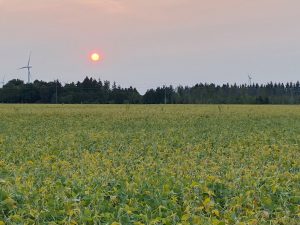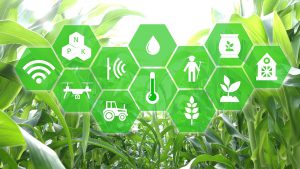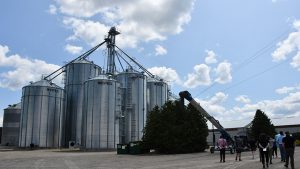Cropside: Resistance test
AGRONOMIC INFORMATION FROM ONTARIO'S CROP SPECIALISTS

ONTARIO FARMERS WILL now be able to find out, in a matter of days, if a weed in their field is herbicide resistant thanks to a new service offered by Harvest Genomics Inc, a new agriculture biotech company based out of Guelph.
Let’s walk through a scenario where this would be of value. You’re walking a field prior to planting soybeans and see a flush of Canada fleabane seedlings. Is it resistant to glyphosate? If you collected seedling fleabane plants (Figure 1.), placed them in a paper envelope, identified what test you wanted done (Table 1.) and then submitted the sample to Harvest Genomics, CEO and molecular biologist Chris Grainger says that they will be able to provide a test result typically within two to three business days. This would give you enough time to make alterations to your herbicide program if the test came back positive.
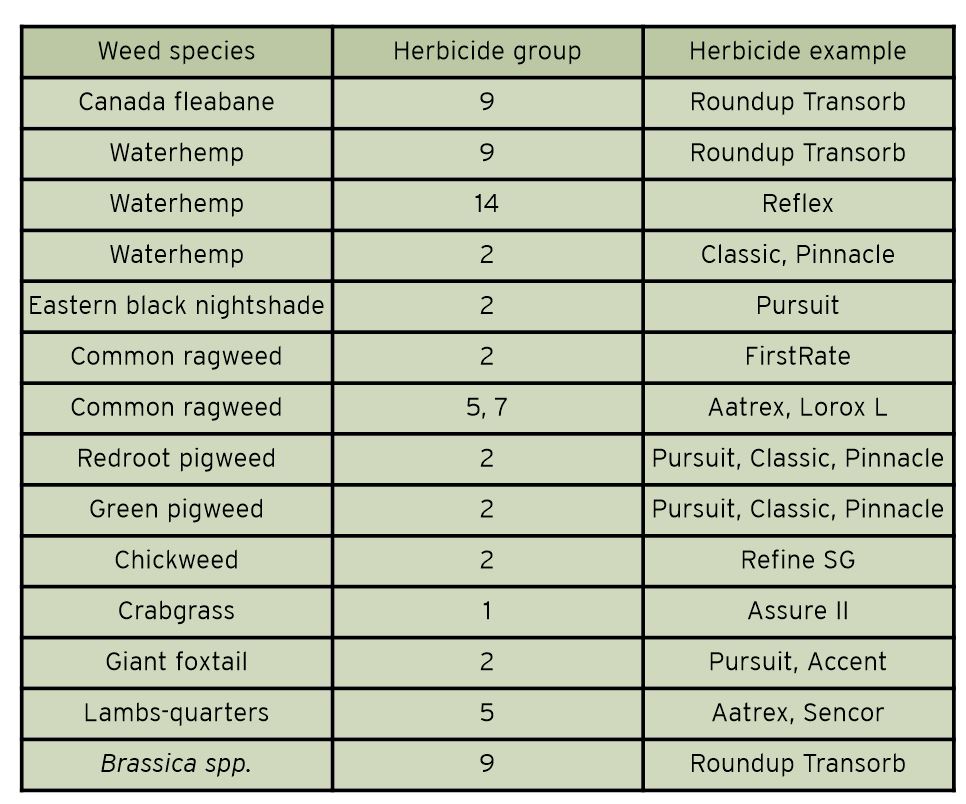
Plans are also in place for Harvest Genomics to offer a variety of DNA-based technologies to the agriculture sector such as pest identification services. So, if you see a weird looking pigweed (Figure 1.) and want to know if its waterhemp and herbicide resistant, they will be able to offer this service. Of course, the Tardif lab at the University of Guelph has provided the service of herbicide resistance testing for over 20 years at no cost to those submitting and it is a reliable service. The main difference between both offerings (other than cost), is that the University of Guelph tests using the dose response method. This requires having seed from the field to grow up plants and then have them sprayed at different doses. The procedure takes longer, and so often seed is collected in the fall and the test is done over the winter so that farmers will have a result by the spring. The Tardif lab can be contacted by phoning 519-824-4120 ext. 58372.
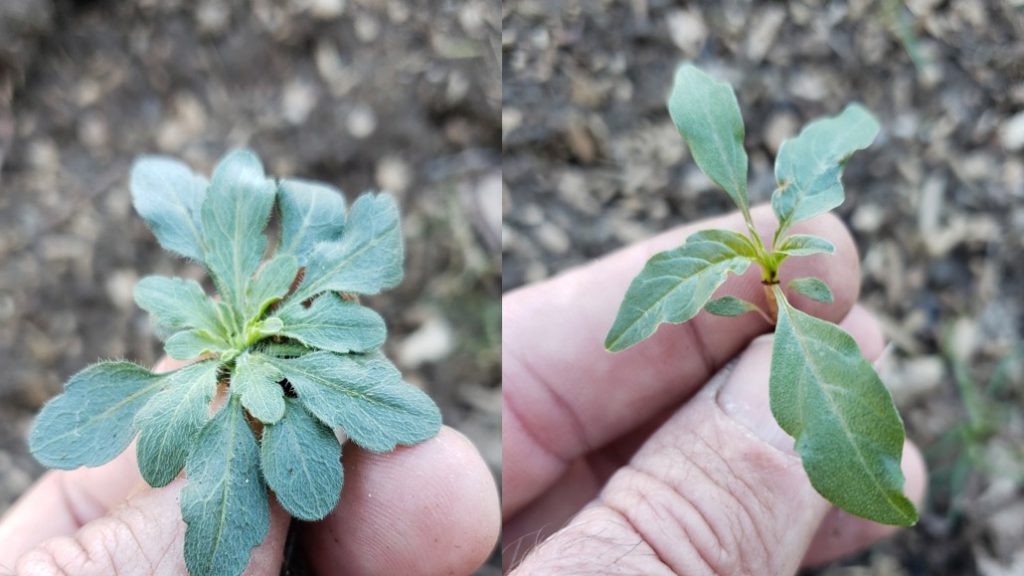
WHAT TO SUBMIT FOR SAMPLING
Any part of the plant can be sent in, although the leaf is preferable. It is important to have about a “looney” size amount of plant material. The most important thing is to avoid collecting samples when it is wet out. If plant material is wet, put into a plastic bag, then sealed, the risk of the plant rotting is high, and this can degrade the DNA. Contact Harvest Genomics for specific instructions.
Acknowledgement: These molecular tests were developed by Dr. Martin Laforest (Agriculture and Agri-Food Canada). •























